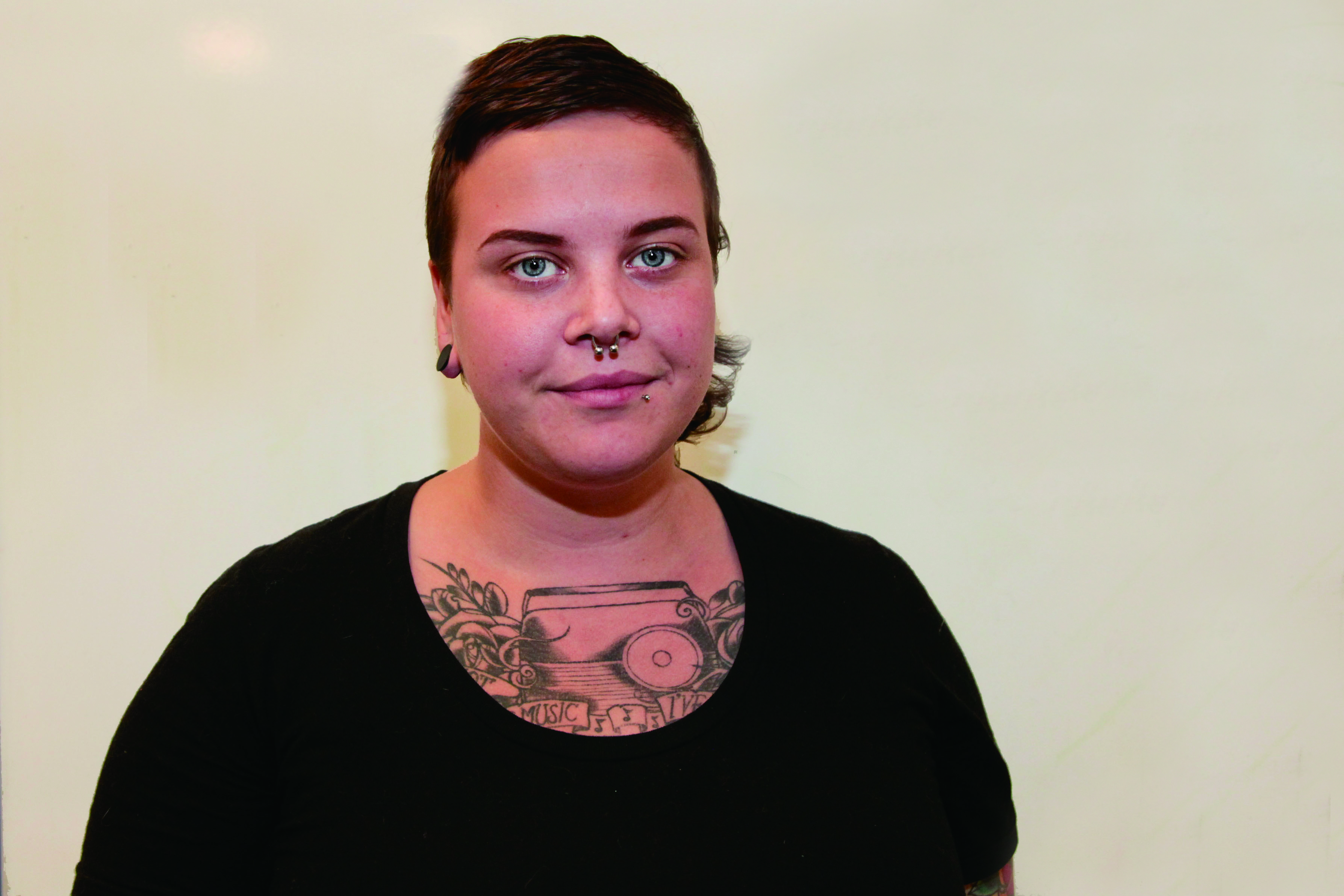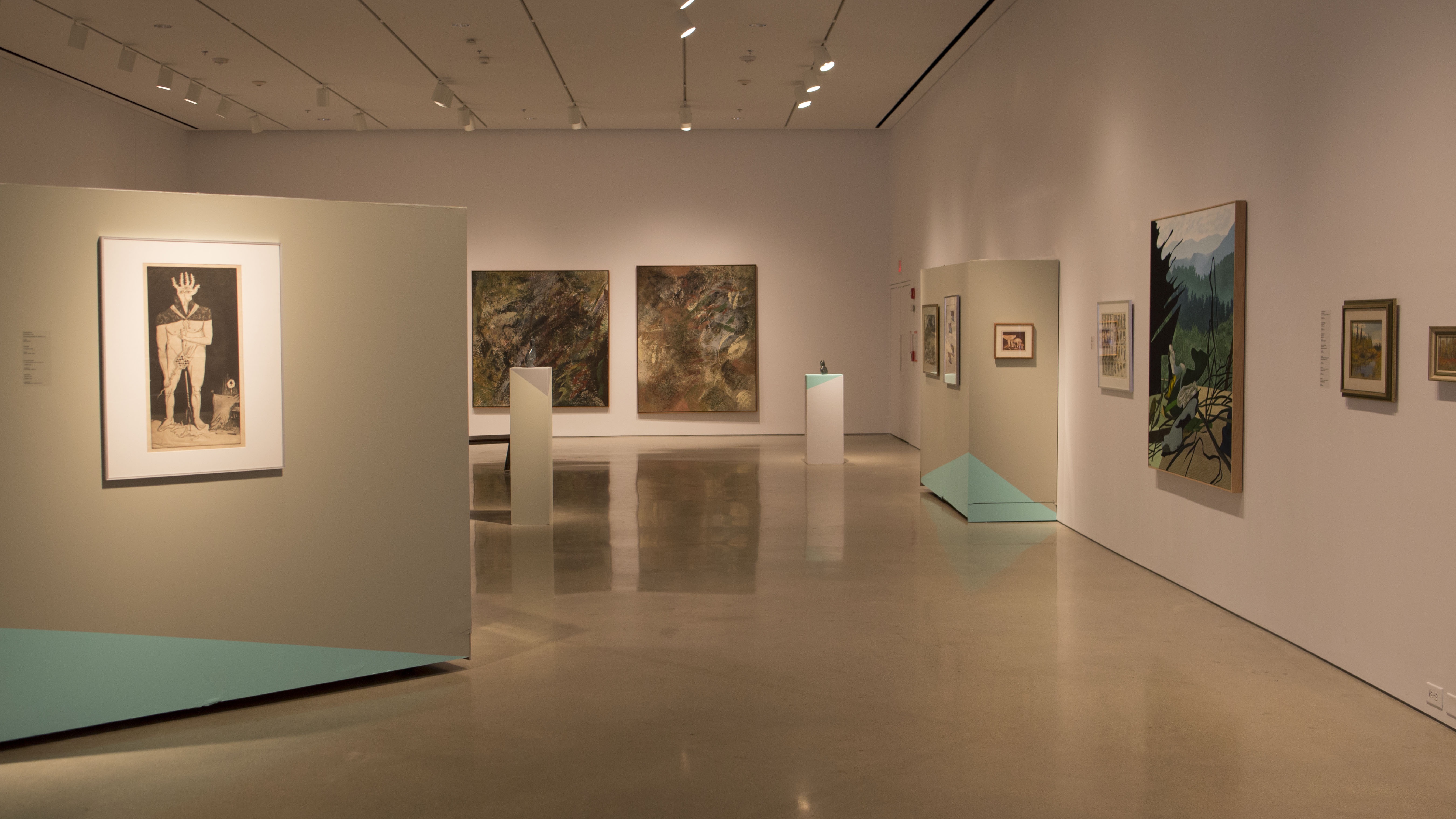Art is a language that allows different cultures and even different historical periods to communicate with one another. Investing in the arts via funding programs, grants, and awards is important if we want to sustain and grow our culture. By investing in innovation, free thought, creativity and arts, supported artists are able to succeed, create jobs, and enhance our communities.
“Arguing against public art funding is like saying that only rich people should have TV, movies, books and paintings. If the public doesn’t pitch in together to get it, then only those people who can afford it will get it. Like health care,” says Ben Clarkson, a working artist who has received travel, professional development, and individual funding on a municipal and provincial level, as well as a federal production award.
“Arts funding is important in several ways – one, it is financially negligible. In 2010-11 the Canada Council for the Arts budget was only 181.3 million dollars – less than the cost of one F-35. In contrast we give about 1.4 billion in fossil fuel subsidies every year. The entire Canadian federal budget is 276.1 billion dollars making the total cost of arts funding around 0.07 per cent of our yearly fiscal commitments, rounded up.”
Clarkson is just one Winnipeg artist who has received funding for his work – and you better believe he works hard to get it. He produces art daily, has exhibited internationally, has been published in various publications, and volunteers his time at the local non-profit, Art City.
Often when taxpayers complain about art subsidies, they only concentrate on the individual artists—no matter how deserving they might be—and forget about all the non-profit organizations that also receive funding. Organizations that concentrate on diverse cultures, or people with disabilities – organizations like Art City, which is a non-profit community art centre dedicated to providing art programming to residents of the West Broadway area.
Art City has, on average, 400 youth, teen, and adult participants per month. Their objective is to encourage self-expression, communication and creativity to inspire a sense of self-worth, ownership, and accomplishment in their participants. Art City provides a safe, supportive, non-competitive environment for those who attend, which is an ongoing, integral part of the West Broadway community – oh, and it’s free.
“[There is a stark reality] when it comes to initiating arts-based programs for under-served communities. There is a tremendous amount of personal sacrifice that must be made to create the conditions for others to have access to art. Art City is an exemplary organization and funders reward our efforts because we deliver above and beyond expectations every time,” says Josh Ruth, managing director at Art City.
“Still, we cannot afford to pay our facilitators what they are worth. Their level of professionalism and what their job demands should earn them a much more substantial wage, but people who work [in] our fields—that is art, or community development—just know, we’re not here because it’s lucrative.”
Whether or not you are interested in supporting contemporary art or community programming, arts and culture is just plain necessary. It defines us, and explains who we are. The pride of a nation isn’t found in its economic bottom line. Ventures into the arts and sciences aren’t just necessary to human evolution; they are things that people remember in history.
“Why should we keep paying taxes if we don’t feel an attachment to a country, a province or a city?” says Clarkson. “If the only culture you take in is hockey and advertisement, sure you might have a problem with art and it’s history and ideas. You are still shaped by it, you are still a product of this environment and art is us creating our own environment.”
The awards and programming that Canada has to offer to the arts are crucial to our cultural growth. Even on a smaller scale, such as our student newspaper, isn’t it great to have a platform where we can have an open forum for free expression? Isn’t it great that the Manitoban is funded by the students and provides a place where writers can share and learn?





